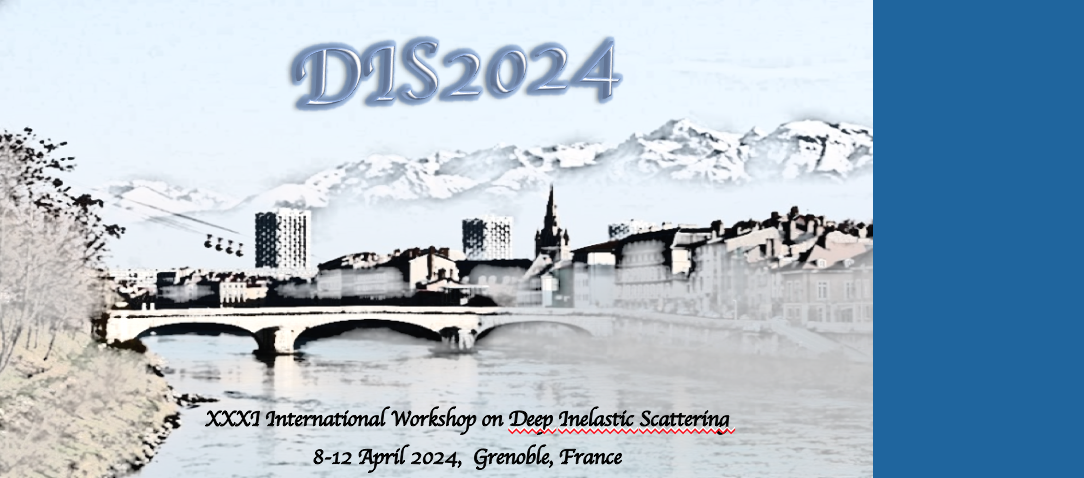Orateur
Description
The longitudinal spin transfer of the fragmentation function, $G_{1L}$, represents the probability density of producing longitudinally polarized hadrons from longitudinally polarized quarks or circularly polarized gluons. It thus was usually measured in polarized reactions or high-energy collisions where weak interaction dominates. In our work, we propose the dihadron polarization correlation as a novel probe of this quantity. Such an observable does not require the fragmenting partons to be polarized and therefore can be measured in the currently available experimental facilities, such as Belle, RHIC, Tevatron, and the LHC.
We make quantitative predictions for these experiments. In light of the data already harvested, the experimental investigation of this observable provides more opportunity for the quantitative study of the longitudinal spin transfer. In particular, the measurements in unpolarized $pp$ or $AA$ collisions can significantly constrain the fragmentation function of a circularly polarized gluon.
References
[1] Probing the longitudinal spin transfer via dihadron polarization correlations in unpolarized ${e^{+}e^{-}}$ and ${pp}$ collisions, H.C. Zhang, S.Y. Wei, Phys.Lett.B839, 137821 (2023).
[2] Correlations of dihadron polarization in central, peripheral and ultraperipheral heavy-ion collisions, X. Li, Z.X. Chen, S. Cao, S.Y. Wei, Phys.Rev.D 109, 014035 (2024).

